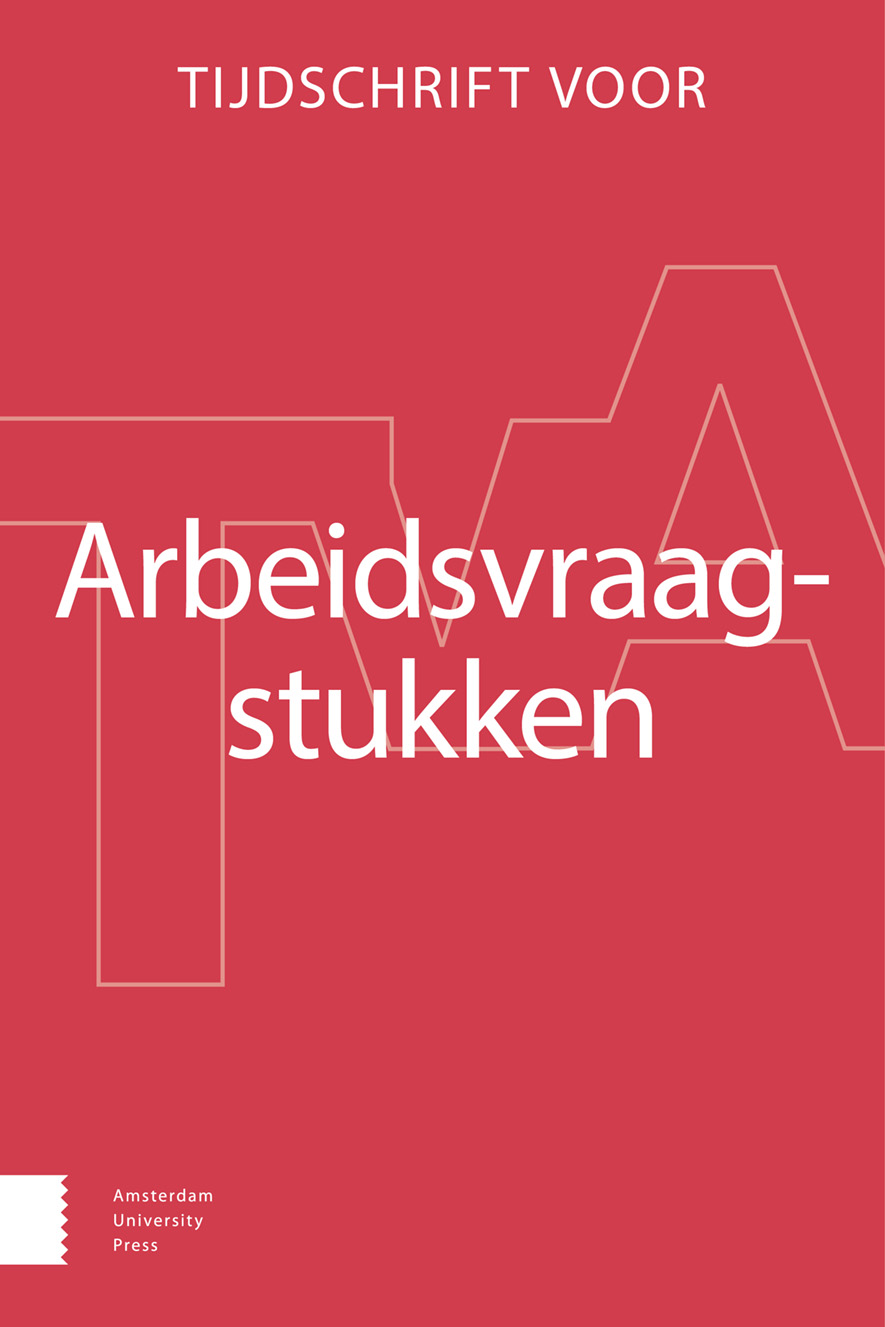-
OAExperimenteren in het re-integratiedomeinGebaseerd op een onderzoek van SEOR, Regioplan en Epsilon. Zie voor verdere details: De Koning et al. (2014).
- Amsterdam University Press
- Source: Tijdschrift voor Arbeidsvraagstukken, Volume 32, Issue 1, Mar 2016,
Abstract
This article summarises the results of a recent study aimed at setting up and evaluating randomised experiments in the field of re-integration. Experiments are important, because they can produce reliable estimates of the effect of re-integration on job entry chances. The fact that in the Netherlands so far hardly any re-integration measure has been subjected to an experiment has contributed to the lack of insight in the effectiveness of re-integration policy.
It proved to be difficult to find municipalities that are capable of and prepared to implement experiments. Nine such municipalities were found, but partly due to inexperience problems occurred during implementation. In the end six experiments were implemented in a sufficient way, and evaluated.
Particularly the two experiments in Rotterdam show that experiments have an added value. These experiments were set up and carried out in such a way that they provide accurate estimates of the effectiveness of the measures involved. The results have been used for policy development in Rotterdam. Furthermore, both local politicians as well as the people involved in managing and implementing re-integration policy have recognised the importance of experiments and think positively of future experiments.
However, for most municipalities this is not yet the case. The people politically responsible for re-integration policy and those involved in managing and implementing it have to become aware of the fact that policies have to be evidence-based and that experiments are a crucial tool in acquiring the evidence needed. In many cases people simply believe in the effectiveness of their policies, although the international evaluation literature indicates that this believe is far too optimistic. A further professionalization of the field is much needed.
Finally, we make a number of practical recommendations for implementing and evaluating experiments.


